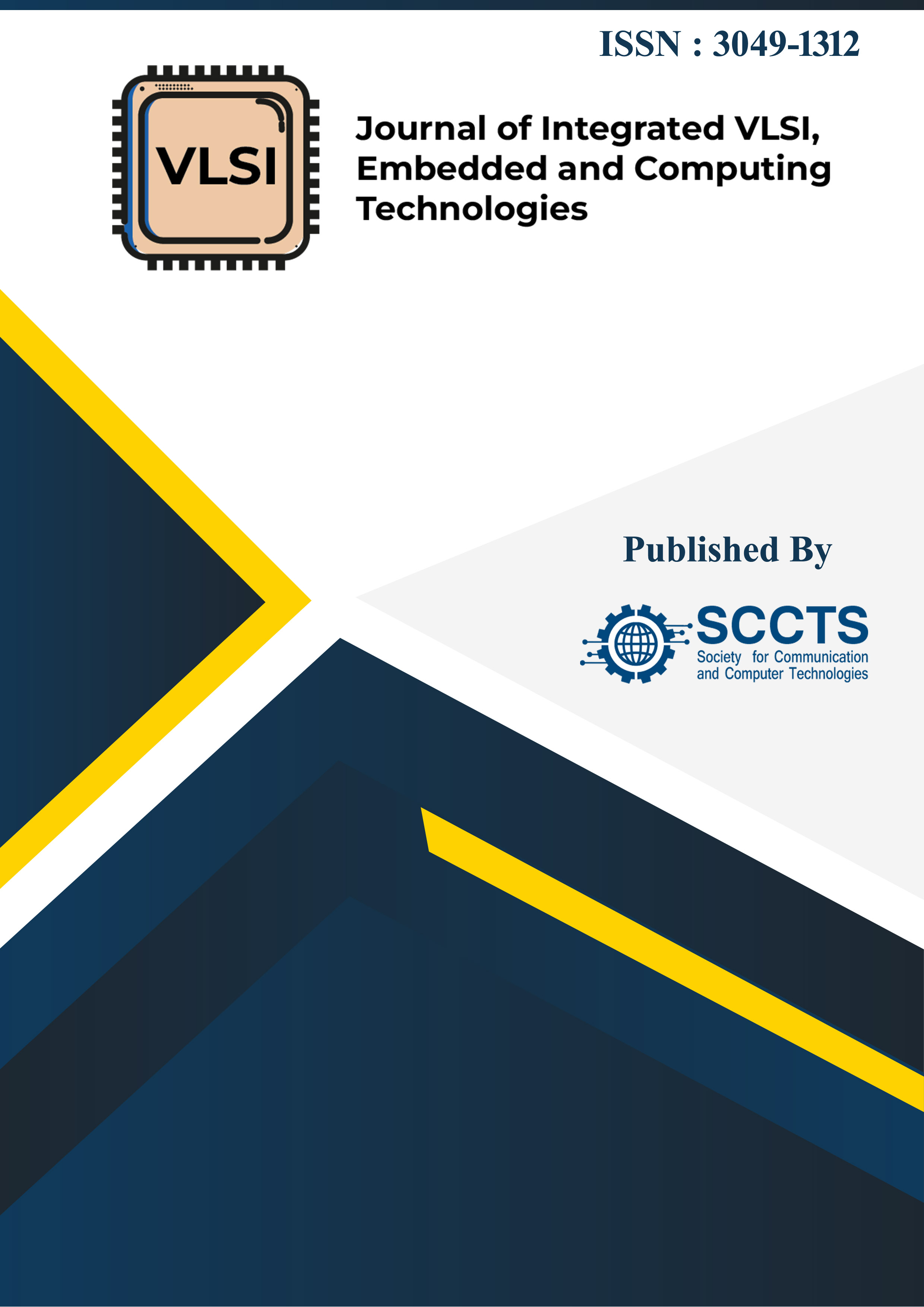Optimization of FPGA Architectures for Real-Time Signal Processing in Medical Devices
DOI:
https://doi.org/10.31838/JIVCT/01.01.03Keywords:
FPGA optimization, Real-time signal processing, Medical devices, Hardware-software co-designAbstract
This paper investigates the optimization of FPGA (Field-Programmable Gate Array) architectures for real-time signal processing in medical devices, addressing essential requirements in healthcare technology. As the demand for high-performance, low-latency, and reliable medical devices increases, FPGAs present a versatile and efficient solution for managing complex signal processing tasks. The paper starts by outlining the unique challenges associated with real-time signal processing in medical applications, such as strict latency requirements, power consumption limitations, and the need for high data accuracy and reliability. It then explores crucial FPGA optimization techniques, including parallel processing, pipelining, resource sharing, and dynamic reconfiguration, showcasing how these methods can improve performance and efficiency. Furthermore, the paper discusses important design considerations specific to medical devices, such as hardware-software co-design, low-power strategies, real-time data acquisition, and ensuring patient safety and regulatory compliance. Through detailed case studies and practical examples, the paper illustrates successful implementations of FPGA-based solutions in cardiac signal processing, imaging systems, and wearable medical devices. The conclusion summarizes the findings and explores future trends, highlighting the potential of FPGA technology to drive innovation in medical signal processing, particularly through integration with AI and machine learning for next-generation medical applications.





